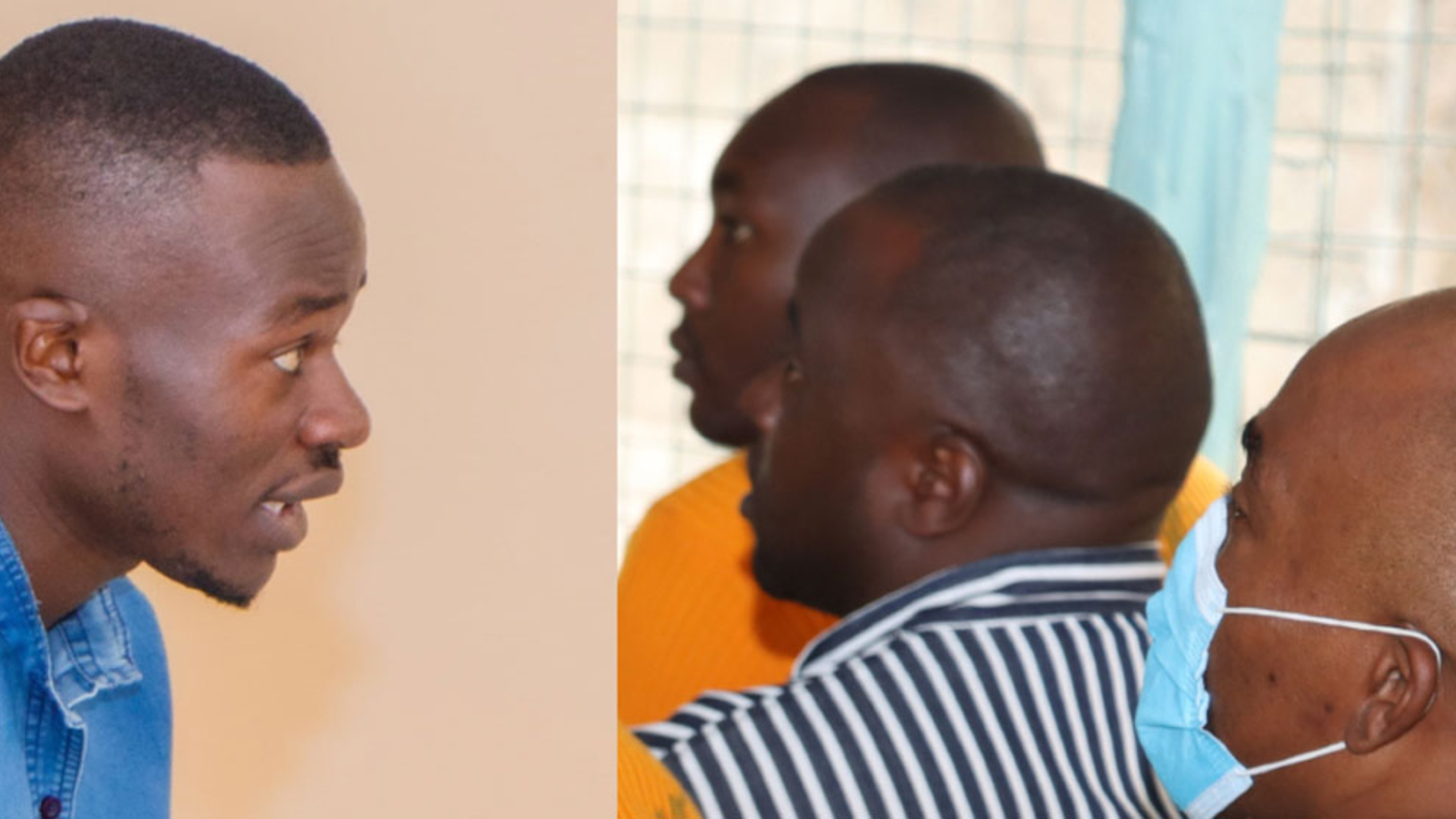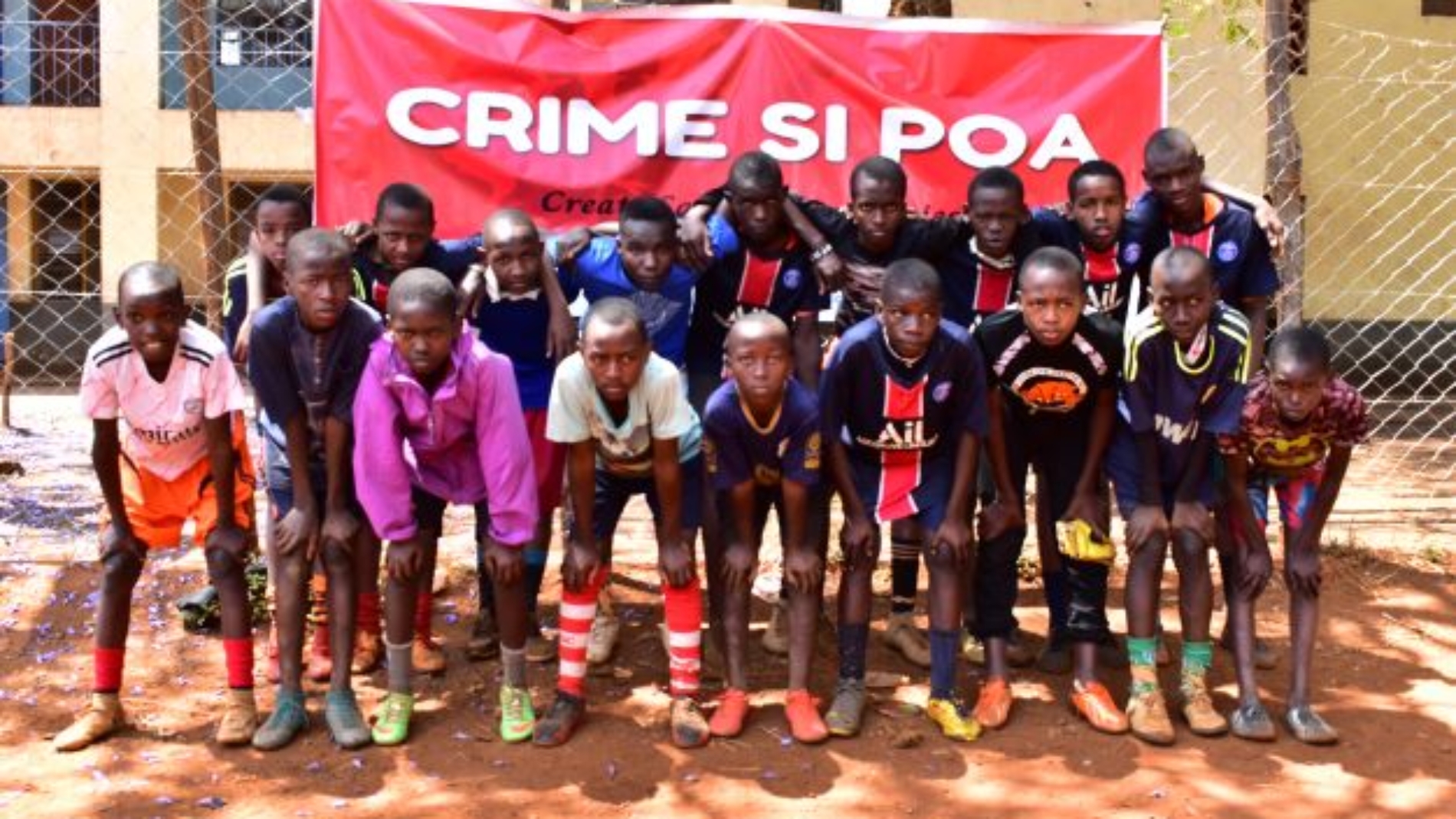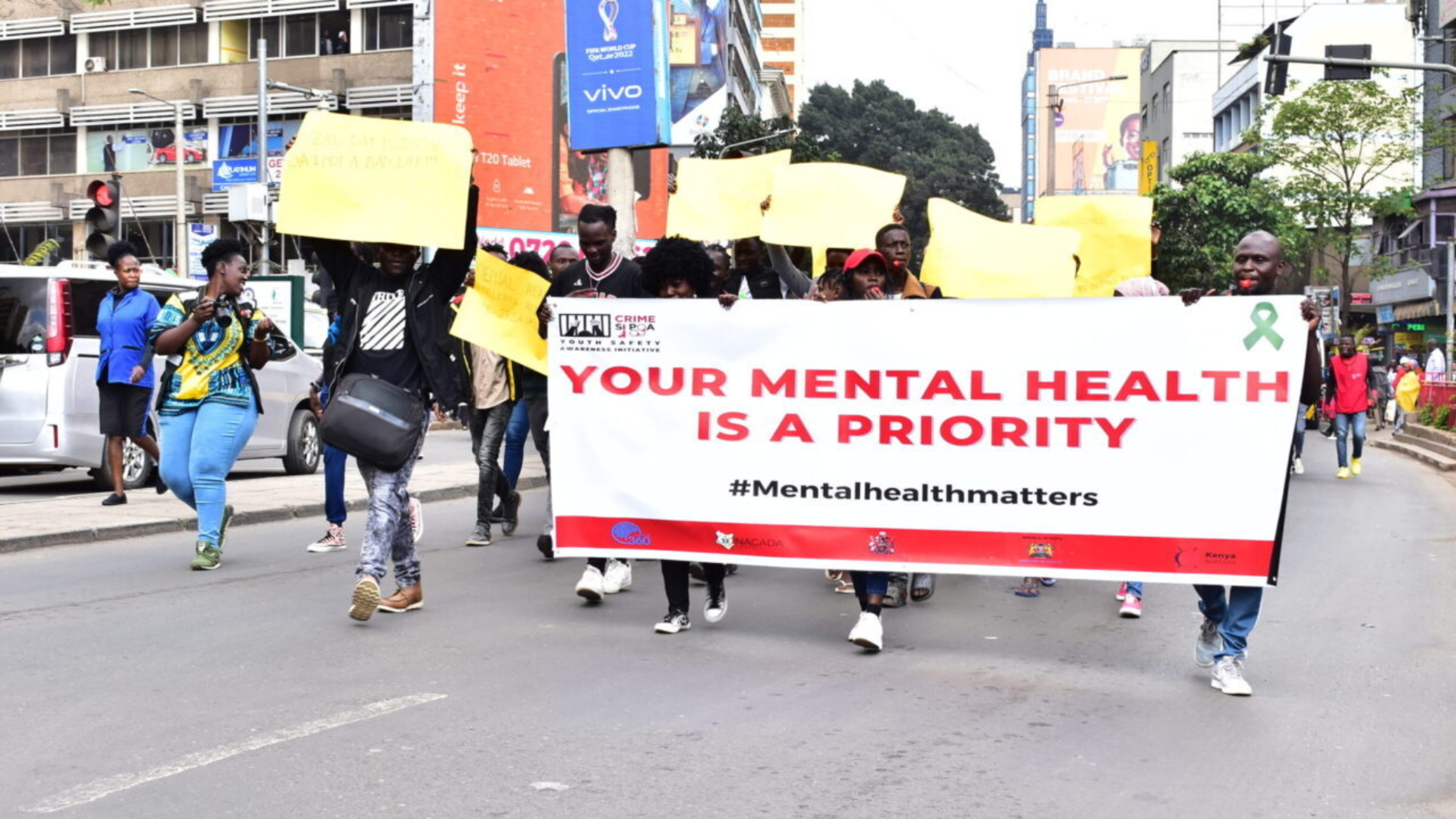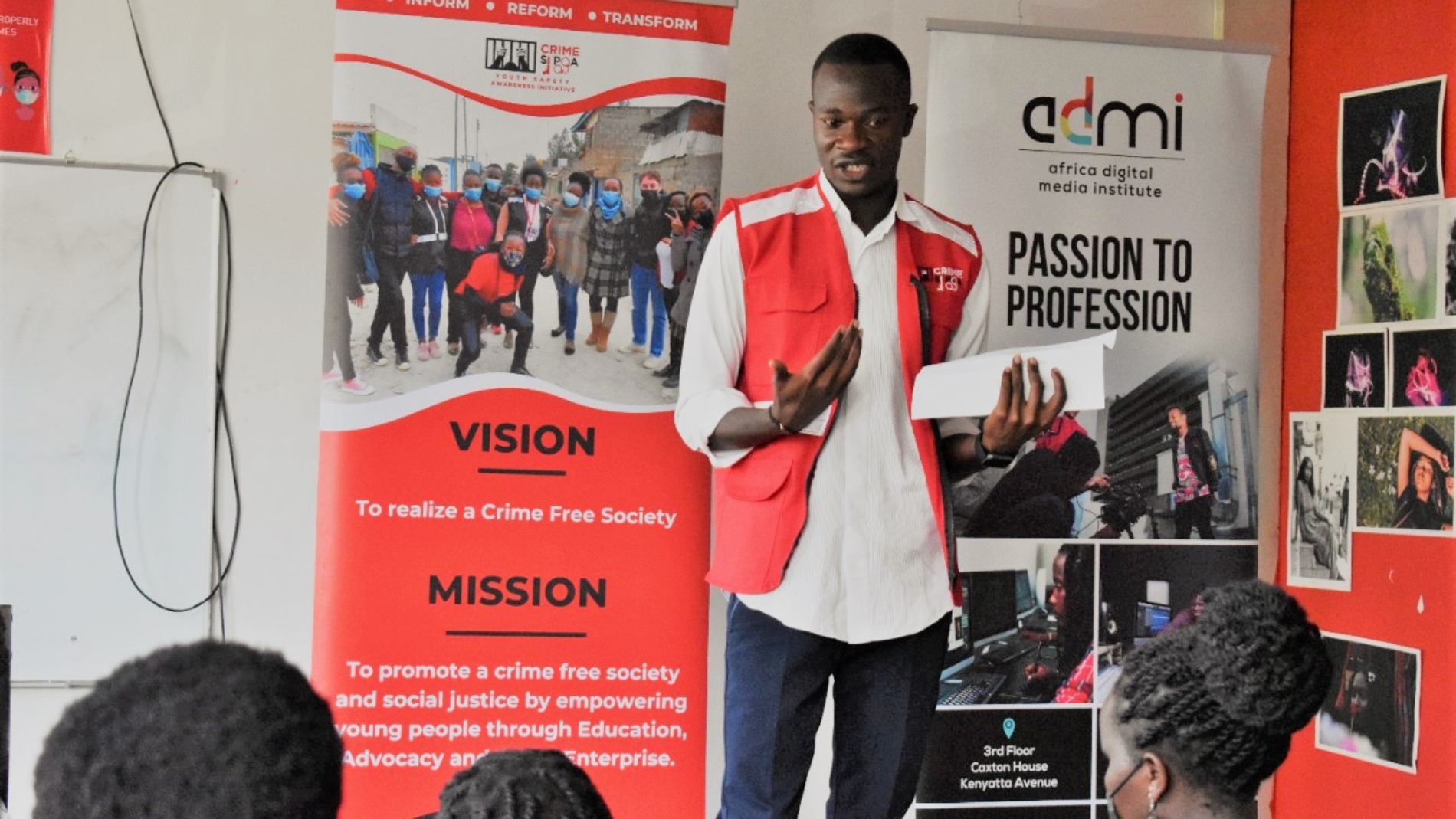In the heart of a bustling Kiambu county, sits Kamiti Medium Prison, where the clanging of bars and the murmur of inmates are an everyday reality. A young man named *Duncan (not his real name) finds himself incarcerated for a crime that still baffles him to date.
In 2016, as a bright and ambitious software engineering student at one of the leading universities in the country, Duncan had an enthusiasm for learning and dreams of a brighter future. At only 22, he had faced many hardships throughout his life but remained determined to break free from the cycle of poverty that had plagued his family for generations. His path to success seemed clear as he diligently attended college, but circumstances took a sudden turn when he got involved in a relationship with a minor.
“I got into a relationship with a form two student within my neighborhood. She had tricked me that she was of age and even from the look of her physical appearance, I was so convinced that she was indeed a grownup. Hell broke loose when her family members found out about our relationship and I was accused of defilement,” he sadly confesses
Duncan was matched by neighbours to the police station where the parents reported the matter. The young man ended up at Kamiti maximum prison for a 15-year jail term but was later transferred to Kamiti Medium where he will stay till 2026. According to Kenya’s sexual offences Act, defilement carries a maximum sentence of life.
Duncan says his life took a dramatic turn. “The environment was new to me, I felt incredibly lonely. I struggled to bond with fellow inmates. My days were marked by routine, regret, and a gnawing sense of wasted potential. I spent many nights in the cell, reflecting on the choices that had brought me to this point. The realization that I had dropped out of university, which had once been my dream, made me question the value of my existence in this world.’’ I sank into depression, resorted to self-harm, faking sickness and consuming a few medications that came my way in a bid to commit suicide.
One fateful day, an announcement was made about an organization called Crime Si Poa seeking volunteers to join a psychosocial support class. It was a program aimed at helping inmates find a path to mental healing and coping mechanisms. For Duncan the opportunity to make amends with himself in some small way resonated deeply.
Without hesitation, he applied to be part of the sessions. His sincerity and commitment to change were evident to the organization, and he was accepted into the program. The journey was arduous, involving group sessions, but Duncan’s determination saw him get to love the whole program.
Duncan was able to share his feelings and experiences with others who had faced similar struggles. This sense of camaraderie helped him feel less isolated and alone in his journey to overcome depression.
With time and the support, he received from the sessions, Duncan’s perspective on life began to change. He no longer saw prison as the end of his dreams but as a temporary setback on his path to success. He realized that he still had the power to shape his future, even from within the confines of his cell.
In the end, Duncan learned that while circumstances had led him to prison, it was the support and guidance he received within those walls that gave him the strength to overcome his depression and regain hope to pursue his dreams once his sentence comes to an end.
Crime Si Poa, Wellness officer Claire Kwamboka, emphasizes the organization’s commitment to equipping inmates with psychological knowledge. “Many inmates endure severe stress due to personal circumstances, community issues back at home, legal battles, and appeals. The primary goal of these programs is to rehabilitate inmates and address the underlying issues that may have led to their criminal behavior. By providing psychosocial support, inmates can develop the skills and coping mechanisms needed to reintegrate into society as law-abiding citizens,” she says
Claire adds that inmates often lack healthy coping mechanisms for dealing with stress and adversity. Psychosocial programs teach them how to manage their emotions, resolve conflicts, and make better decisions, which are essential life skills.
Currently Crime Si Poa is offering psychoeducation to 5 prisons in Kenya including Kisumu Maximum Prison, Nairobi West Prison, Nakuru men, Kibos Prison and Kakamega Women, reaching a total of 329 inmates in 2023.
Early this year, Kenya National Commission on Human Rights (KNCHR) launched a report that showed that two-thirds of prisoners on death row in Kenya are battling physical and mental health challenges.
The report, titled “Living with a Death Sentence in Kenya: Prisoners’ Experiences of Crime, Punishment and Death Row,” found that 67 percent of inmates sentenced to death over robbery with violence and murder said their physical health had suffered compared to those whose death sentences had been commuted and who were now serving a life sentence which was at 63.
Hemstone Mugala, a psychologist conducting group therapy at Kamiti Medium Prison, talks of the challenges faced by inmates who struggle to adapt to prison life, adding that accepting their confinement becomes an arduous process, often leading to unproductivity and mental illnesses.
‘’ Many inmates in prisons experience tremendous stress, finding it difficult to accept their status. That’s why they need continuous therapy to help them reevaluate their situation and regain psychological stability, preventing them from harming themselves ‘’Says Hemstone.
Currently, a group of 22 inmates, including Duncan, is undergoing a year-long psychoeducation program offered by Crime Si Poa. Topics taught include Stress and stress management, communication skills, HIV and AIDS, self-awareness, assertiveness, resilience, friendship and relationship, conflict and conflict resolution, drug and substance abuse, loss and grief. Upon completion, they will receive certificates, enabling them to assist fellow inmates grappling with mental health issues.
Duncan is now finding solace and knowledge in these training sessions, gaining insights into psychological matters while serving his sentence. He is hopeful to come out strong and also be mentor others
Ends.












